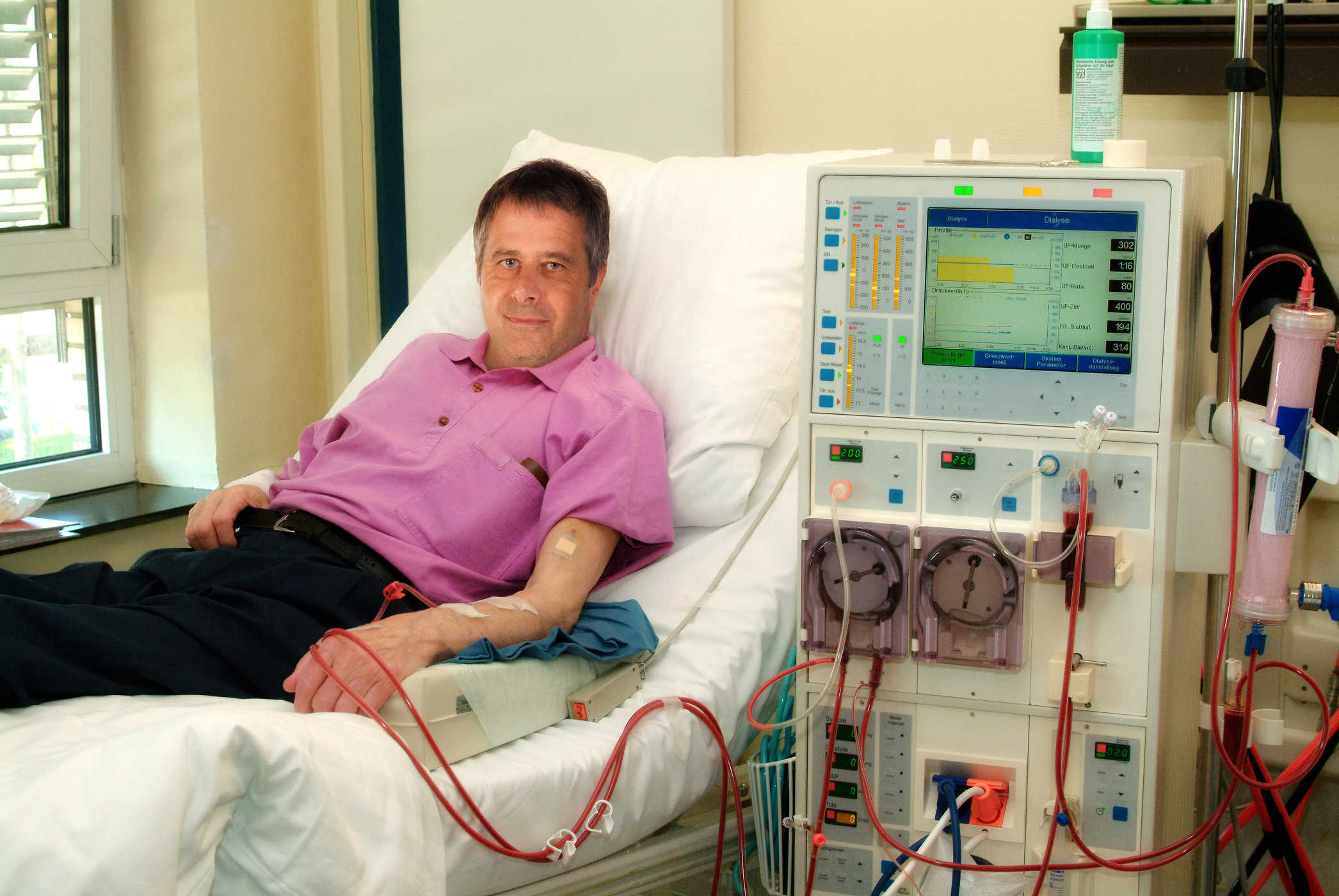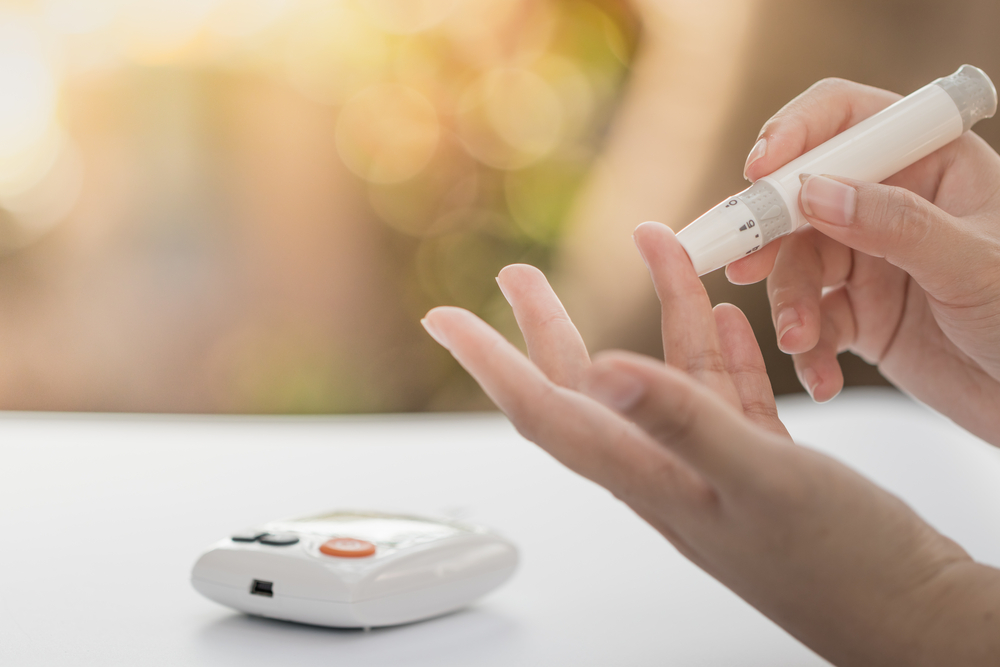Contents:
- Medical Video: Living with early stage kidney disease
- How does kidney failure affect a person's health?
- How does kidney failure affect blood?
- How does kidney failure affect the heart and blood vessels?
- How does kidney failure affect appetite?
- How does kidney failure affect sleep?
- How does kidney failure affect mental health?
Medical Video: Living with early stage kidney disease
Kidney failure can affect a person's health in several ways. Some people experience fatigue, some lose appetite, and some experience leg cramps.
How does kidney failure affect a person's health?
Kidney failure can affect a person's health in several ways. Some people experience fatigue, some lose appetite, and some experience leg cramps. These problems are caused by waste products that accumulate in the blood, a condition known as uremic. Healthy kidneys remove waste products from the blood. When the kidneys stop working, uremia occurs.
The kidneys also make hormones and balance minerals in the blood. When the kidneys stop working, most people experience conditions that affect blood, bones, nerves and skin. Apart from fatigue, loss of appetite, and leg cramps, some of the more common problems caused by kidney failure are itching, sleep problems, weak bones, joint problems, and depression.
How does kidney failure affect blood?
Apart from uremia, kidney failure can also cause anemia, a condition in which red blood cells are less or smaller than normal, which means less oxygen is carried to the cells of the body. Anemia can cause extreme fatigue and can worsen heart problems.
Anemia is common in people with acute kidney failure, and people who do dialysis, because the kidneys are damaged, slowly produce the hormone erythropoietin (EPO), which helps the bone marrow make red blood cells. Less EPO means the body has fewer red blood cells, which results in anemia. A synthetic form of EPO is commonly prescribed for people who do dialysis.
How does kidney failure affect the heart and blood vessels?
People with kidney failure, especially dialysis patients, have a much higher risk of heart and blood vessel problems than those who do not have kidney problems. Heart attack is a major cause of hospitalization and death among dialysis patients. Kidney failure also increases the risk of other cardiovascular problems such as blood clots to the heart and congestive heart failure. People who have kidney failure need to monitor their heart health, take all prescription drugs, and follow all instructions from their health care providers for diet and exercise.
How does kidney failure affect appetite?
People who have uremia often lose their appetite. Some people find that food has a different taste. Some no longer crave food like they used to. In fact, many people feel stomach ache just by thinking about food. But getting enough protein and calories is important for staying healthy. People with kidney failure should talk to a nutritionist at a dialysis clinic or transplant center to find the food they like and provide the nutrients they need.
How does kidney failure affect sleep?
People who have kidney failure often suffer from insomnia-difficulty sleeping. Insomnia and other sleep disorders can worsen a person's quality of life. People with kidney failure should discuss this problem with their doctor.
Some people suffer from sleep apnea syndrome, which may be related to the effects of advanced kidney failure on breathing. Sleep apnea is the cessation of breathing during sleep. Over time, this sleep disorder can cause insomnia at night, and sleepiness during the day. This condition can cause headaches, depression, and fatigue. Some medications can work with people who have sleep apnea, whether they have kidney failure or not. These treatments include losing weight, changing sleeping positions, and wearing a mask that is connected to a small machine that gently pumps air continuously through a hose into the airways through the nostrils commonly known as CPAP.
Many dialysis patients have difficulty sleeping at night because of pain in the legs, feeling uncomfortable, or restless. They may feel a strong urge to kick or move their feet. Kicking can disturb the person sleeping next to you all night. Theories about the causes of this syndrome include nerve damage and mineral imbalance.
Light exercise during the day may help, but exercising a few hours before going to bed can make your feet worse. People with restless leg syndrome must reduce or avoid caffeine, alcohol, and tobacco. Some people also find help through massage or a warm bath. Health care providers may prescribe a drug called benzodiazepines, often used to treat insomnia or anxiety, to eliminate restless leg syndrome. Benzodiazepines include clonazepam (Klonopin), chlordiazepoxide (Librium), diazepam (Valium), and triazolam (Halcion). A newer and sometimes more effective drug therapy is levodopa (Sinemet), which is also used to treat Parkinson's disease.
How does kidney failure affect mental health?
Many people feel depressed when starting dialysis, or after several months of treatment. Adjusting to the effects of kidney failure and the time spent on dialysis can be difficult. Dialysis patients also have less energy. They need to make changes in their work or life at home, giving up on doing some activities and responsibilities. Following a routine like this can usually be difficult when the kidneys fail. Even accepting this new situation will be difficult. A mental health counselor or social worker can help patients with total kidney failure and those who have just started dialysis. People with kidney failure and depression do not have to cover up their depression in themselves or assume they can handle their own problems. They have to tell the doctor because depression can often be treated with diet adjustments and dialysis doses, drugs, and counseling. Scientists also study the use of cognitive behavioral therapy — a way to improve dangerous thinking and behavioral patterns — to treat depression in people with kidney failure.












